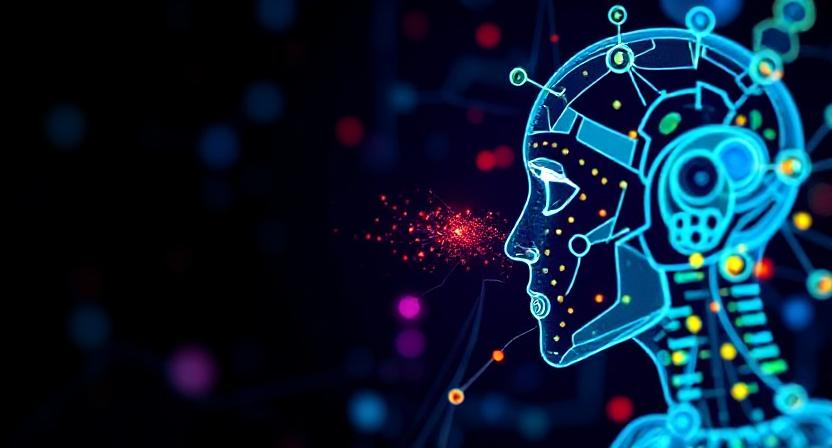
AI in Education is Transforming Learning Experiences
Artificial Intelligence (AI) is no longer a futuristic concept—it is reshaping industries, and education is no exception. With the integration of AI technologies, traditional learning environments are evolving into more personalized, adaptive, and efficient spaces. From virtual tutors to intelligent content creation, AI is opening doors to transformative educational experiences across the globe.
1. Personalized Learning Paths
AI enables customized learning experiences by analyzing individual student data, learning styles, and performance metrics. Adaptive learning platforms adjust content and pacing according to each learner’s needs, allowing students to grasp concepts at their own pace. This personalization helps bridge learning gaps and supports student growth more effectively than the one-size-fits-all approach.
2. Intelligent Tutoring Systems
Virtual tutors and AI-driven teaching assistants are becoming increasingly common in both K–12 and higher education. These systems can answer student queries in real time, provide instant feedback, and offer supplementary resources based on performance. This 24/7 support helps maintain continuous learning outside the classroom and reduces the burden on human educators.
3. Automating Administrative Tasks
AI significantly reduces the workload for educators by automating repetitive tasks like grading, attendance, and scheduling. This allows teachers to focus more on instructional strategies and student engagement. Additionally, AI-powered analytics can identify at-risk students early and suggest interventions, improving overall educational outcomes.
4. Enhancing Accessibility
AI plays a crucial role in making education more accessible to students with disabilities. Speech-to-text tools, AI-driven sign language translators, and real-time captioning can break down communication barriers and ensure that all students receive equitable learning opportunities.
5. Data-Driven Insights for Educators
By collecting and analyzing vast amounts of data, AI helps educators gain insights into student behavior, performance trends, and curriculum effectiveness. These insights can guide teaching methods, curriculum design, and policy decisions to foster more impactful educational environments.
6. Interactive and Immersive Learning
AI is at the core of many immersive learning technologies, including augmented reality (AR) and virtual reality (VR). These tools create hands-on learning experiences in a safe, engaging environment, allowing students to explore complex subjects like science, history, or engineering in a visual and interactive way.
7. Preparing Students for the Future
Integrating AI into education not only enhances how students learn but also prepares them for the future workforce. Familiarity with AI concepts, tools, and ethical considerations equips learners with critical digital skills required in the 21st-century job market.
Conclusion
The transformation of education through AI is just beginning. As technology continues to evolve, so will the potential to create smarter, more inclusive, and more engaging learning environments. Institutions, educators, and policymakers must collaborate to ensure that AI is implemented ethically and effectively to benefit all learners.
To explore how digital innovation is changing education and beyond, visit Laybach, a hub for forward-thinking tech solutions and insights.







